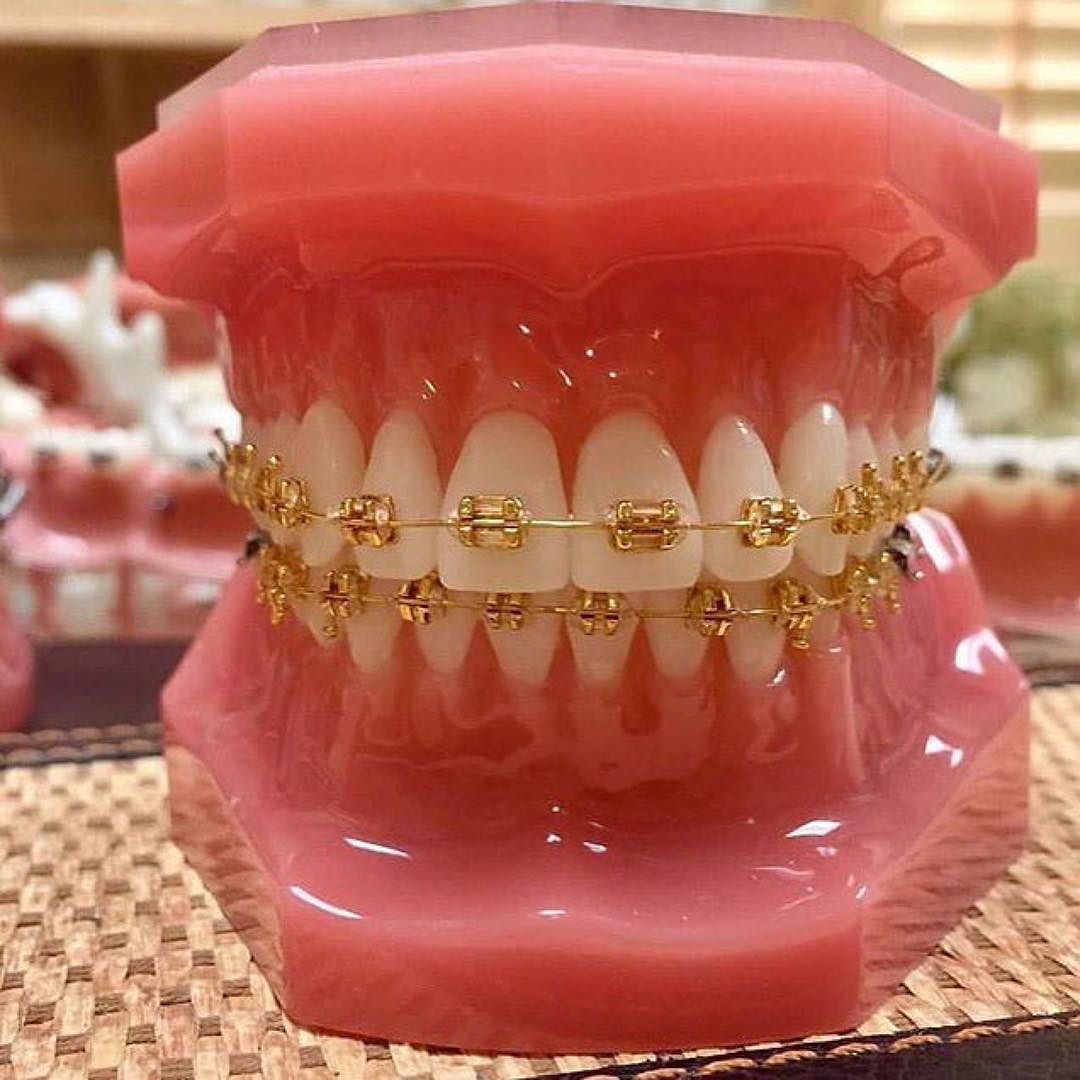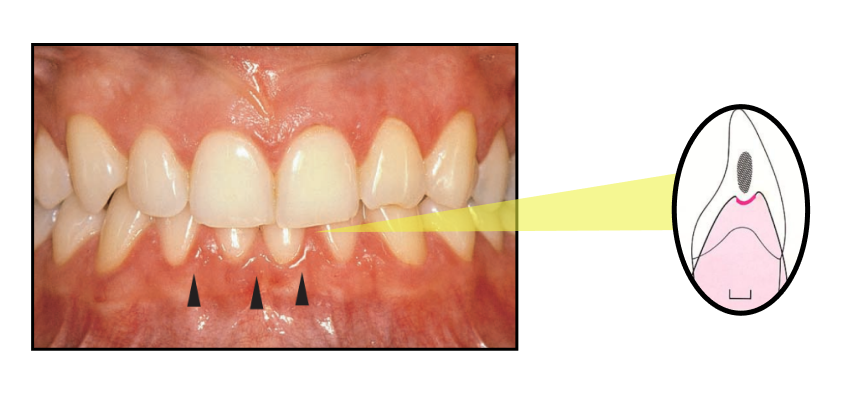Why Does Cheek Hurt? Solutions After Dental Shots
The dreaded ache in the cheek after a dental procedure - it’s a common complaint that can range from a mild nuisance to a debilitating pain. If you’re experiencing cheek pain after receiving dental shots, you’re not alone. The good news is that this type of pain is usually temporary and can be managed with a few simple solutions.
To understand why your cheek might be hurting, let’s take a look at the anatomy involved. The cheek is a complex area that contains several nerves, including the buccal nerve, which runs through the cheekbone and provides sensation to the skin and mucous membranes. When a dentist administers a dental shot, the needle can sometimes irritate or bruise the surrounding tissue, leading to inflammation and pain.
One of the main reasons for cheek pain after dental shots is the use of local anesthetics. While these medications are designed to numb the area and prevent pain during the procedure, they can also cause swelling and irritation in some individuals. The type of anesthetic used, as well as the amount and location of the injection, can all contribute to the likelihood of cheek pain.
Another factor to consider is the technique used by the dentist. If the needle is inserted too deeply or at the wrong angle, it can cause trauma to the surrounding tissue, leading to pain and inflammation. Additionally, if the dentist is inexperienced or doesn’t use the proper amount of anesthetic, it can increase the risk of complications.
So, what can you do to alleviate cheek pain after dental shots? Here are a few solutions that may help:
- Apply a cold compress: A cold compress or an ice pack wrapped in a cloth can help reduce swelling and ease pain. Apply it to the affected area for 15-20 minutes at a time, with a 30-minute break in between.
- Take over-the-counter pain relievers: Over-the-counter pain relievers such as ibuprofen (Advil, Motrin) or acetaminophen (Tylenol) can help alleviate pain and reduce inflammation. However, be sure to follow the instructions and consult with your dentist or doctor before taking any medication.
- Use topical creams or gels: Topical creams or gels containing ingredients such as benzocaine or lidocaine can help numb the area and provide temporary pain relief.
- Try gentle massage: Gentle massage techniques, such as lightly rubbing the affected area with your fingertips, can help increase blood flow and reduce tension.
- Stay hydrated: Drinking plenty of water can help your body recover from the procedure and reduce the risk of complications.
It’s essential to note that while these solutions can help manage cheek pain, they may not eliminate it entirely. If your pain persists or worsens over time, it’s crucial to consult with your dentist or doctor to rule out any underlying complications.
It's not uncommon for cheek pain to be accompanied by other symptoms, such as swelling, bruising, or numbness. If you experience any of these symptoms, it's essential to seek medical attention to ensure proper diagnosis and treatment.
In addition to these solutions, there are several things you can do to reduce the risk of cheek pain after dental shots. These include:
- Informing your dentist about any medical conditions or allergies: Certain medical conditions, such as bleeding disorders or allergies to local anesthetics, can increase the risk of complications.
- Asking about alternative anesthetics: If you’re concerned about the potential side effects of local anesthetics, ask your dentist about alternative options, such as sedation dentistry or topical anesthetics.
- Following post-procedure instructions: Your dentist will provide you with specific instructions on how to care for your mouth after the procedure. Following these instructions carefully can help reduce the risk of complications.
Post-Procedure Care Instructions
- Avoid eating or drinking anything hot for at least 24 hours after the procedure.
- Stick to a soft food diet for the first 24-48 hours to avoid irritating the affected area.
- Avoid smoking or using tobacco products for at least 24 hours after the procedure.
- Take any prescribed medication as directed by your dentist or doctor.
In conclusion, cheek pain after dental shots is a common complaint that can be managed with a few simple solutions. By understanding the causes of cheek pain and taking steps to reduce the risk of complications, you can minimize your discomfort and ensure a smooth recovery.
How long does cheek pain last after dental shots?
+Cheek pain after dental shots can last anywhere from a few hours to several days. In most cases, the pain subsides within 24-48 hours.
Can I take antibiotics to prevent infection after dental shots?
+Antibiotics are not typically prescribed to prevent infection after dental shots. However, if you have a weakened immune system or are at high risk of infection, your dentist or doctor may recommend a course of antibiotics.
How can I reduce the risk of cheek pain after dental shots?
+To reduce the risk of cheek pain, inform your dentist about any medical conditions or allergies, ask about alternative anesthetics, and follow post-procedure instructions carefully.
By following these tips and taking the necessary precautions, you can minimize your discomfort and ensure a smooth recovery after dental shots. Remember, if your pain persists or worsens over time, it’s essential to consult with your dentist or doctor to rule out any underlying complications.


